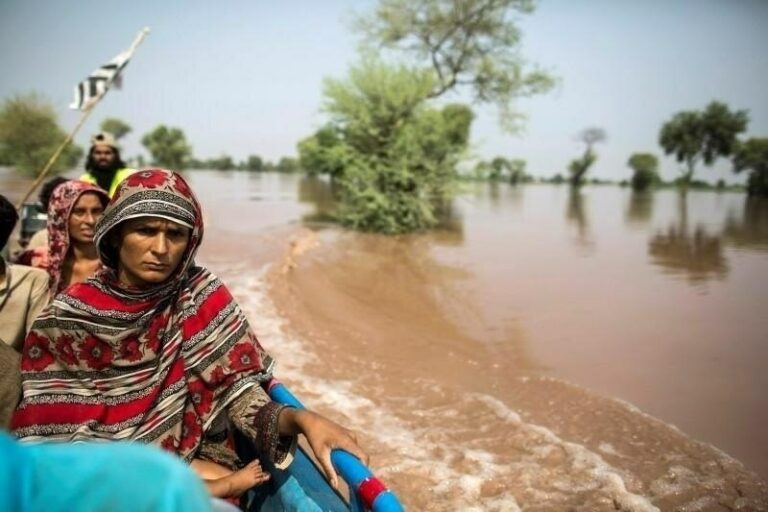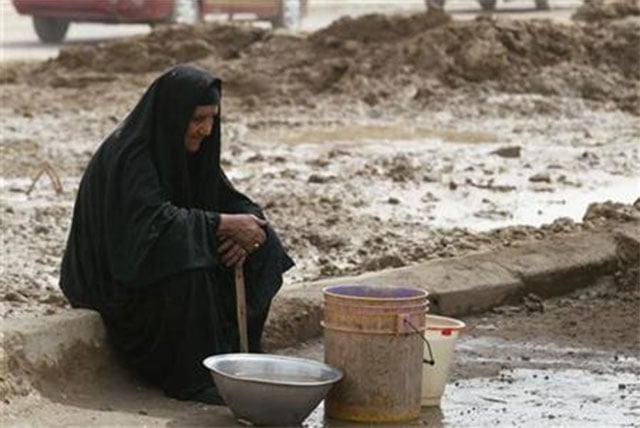80% of total greenhouse gas (GHG) emissions today are made up of carbon dioxide. As recent scientific research proves the urgency of removing GHGs from our environment in an attempt to limit its exacerbating effect on climate change, organizations across the world are rushing to reduce their carbon footprint. Carbon markets play a key role here.
In the last three years alone, the volume of the voluntary carbon market has grown five-fold and is now valued at up to $2 billion in market size. Carbon credits, then, become not only essential tools to compensate for or eliminate emissions in the atmosphere but an actively expanding economy projected with great potential for growth.
Verra’s Entry in Pakistan’s Carbon Markets
Announcing its collaboration with Pakistan’s Ministry of Climate Change and Environmental Coordination last month, Verra Standards is the world’s leading carbon crediting program. Through various projects under this program, Verra aims to share knowledge and educate stakeholders on carbon markets by conducting educational and technical activities on the key topics pertaining to the issue.
All activities under this collaborative effort will fall within the framework of Pakistan’s Nationally Determined Contributions (NDCs) and Net Zero Targets. VCMs aid Net Zero targets by funding nature-based projects, technological advancements, and new innovations in the field of sustainable development projects and companies.
Mangrove restoration in Sindh for carbon credits – Delta Blue Carbon Project
Challenges
While Pakistan has great potential to host carbon market projects, the country faces several challenges including the lack of institutional capacity or coordination among relevant stakeholders, as well as a lack of awareness and understanding of the ample opportunities provided by such markets.
Verra aims to bridge this institutional gap. Managing the world’s leading voluntary carbon markets program, Verra operates the Verified Carbon Standard (VCS) Program. With its expertise in VCS accreditation as well as other standards for environmental and social markets, Verra supports climate action by enabling funding and tools for sustaining projects within VCMs.
In Pakistan, Verra will be focusing on expanding technical and administrative knowledge to navigate and participate in VCM. This will be particularly beneficial to private project proponents and investors of environment-sustainable projects. Future training topics will include VCS Agriculture, Forestry, and Other Land Use methodologies which are highly applicable to the environmental circumstance of Pakistan and its economy.
By fostering the development of high-quality projects to ensure the integrity of carbon credits, Verra can equip relevant stakeholders with the knowledge and understanding of carbon markets which are essential in adopting them as sources of financing for mitigation activities.
Potential Benefits
Debt Relief:
The World Bank has been actively advocating for debt relief initiatives, such as the Debt Service Suspension Initiative (DSSI), to support countries affected by the COVID-19 pandemic. By aligning with global climate change mitigation efforts such as carbon markets, Pakistan can position itself favorably for debt relief negotiations. This could lead to a reduction in debt burdens and provide fiscal space for the country to invest in sustainable development. The World Bank has shown its commitment to supporting countries’ climate change efforts and has been working closely with Pakistan on renewable energy projects, such as the Sindh Solar Energy Project.
Renewable Energy Development:
Carbon markets can incentivize the development of renewable energy infrastructure in Pakistan. The country has substantial renewable energy potential, particularly in solar and wind resources. Expanding the use of clean energy sources not only contributes to climate change mitigation but also enhances energy security, reduces reliance on imported fossil fuels, and lowers the trade deficit. The Alternative Energy Development Board of Pakistan reported that the renewable energy sector attracted $3.4 billion in investments and added 2,342 MW of capacity to the national grid between 2013 and 2018. The implementation of carbon markets can further accelerate this transition towards clean energy and attract additional investments in renewable projects.
Green Job Creation:
Carbon markets can drive the creation of green jobs in Pakistan. The renewable energy sector, energy efficiency projects, and other low-carbon industries have the potential to generate employment opportunities and stimulate economic growth. The International Labour Organization (ILO) estimates that the renewable energy sector in Pakistan has the potential to create up to 600,000 direct jobs by 2030. By establishing carbon markets, Pakistan can attract investments in clean technologies, which will not only contribute to climate change mitigation but also create employment opportunities for its population.
Delta Blue Carbon Project
While Pakistan aspires to ambitious targets for emission reductions based on its NDCs, only one carbon offset project has successfully traded its credits in the global carbon market. The Delta Blue Carbon Project, which involves the conservation of mangroves in Sindh’s coastal regions, serves as an exemplary project aiming to offset 142 million tonnes of carbon dioxide. This past June, the organization sold 50,000 tons of carbon-removal credits at an auction in Singapore.
The Road Ahead: Carbon Markets For The Future
With the arrival of Verra, initiatives like the Delta Blue Carbon Project not only have the potential to expand but also inspire others like it in the country. While a lack of institutional infrastructure may pose several limitations to the expansion of Pakistan’s carbon market, Verra is the first step in ensuring capacity building for such prospects. With the carbon market project underway, now is the time to act and get involved in an opportunity with the kind of sizeable future growth Pakistan requires most urgently.



Leave a Reply